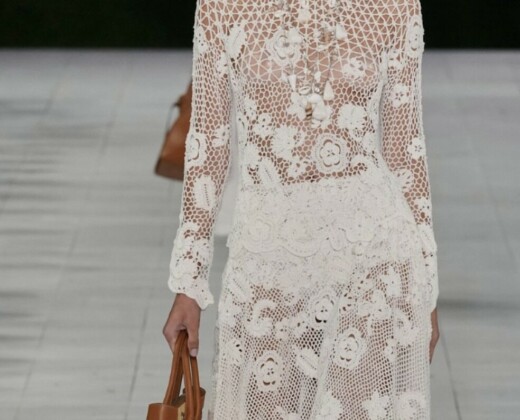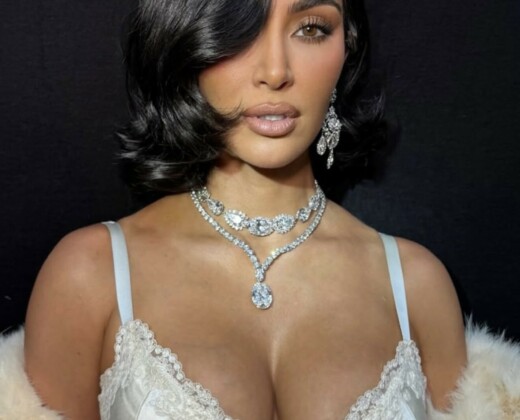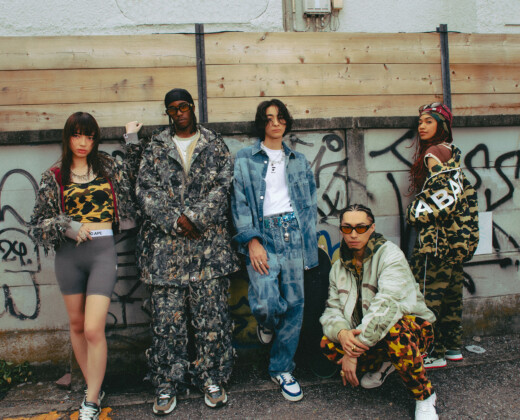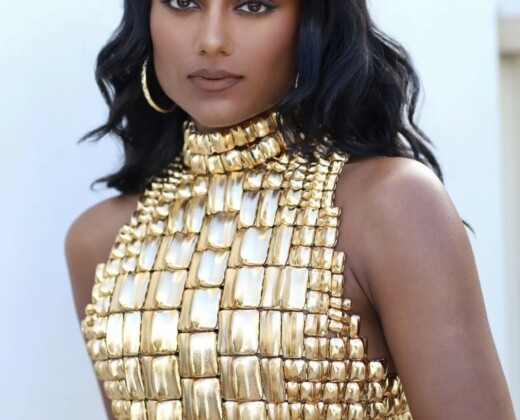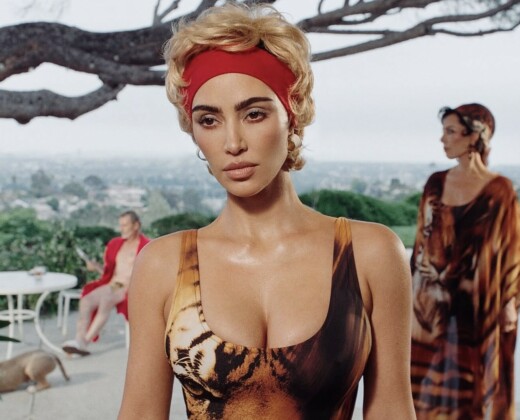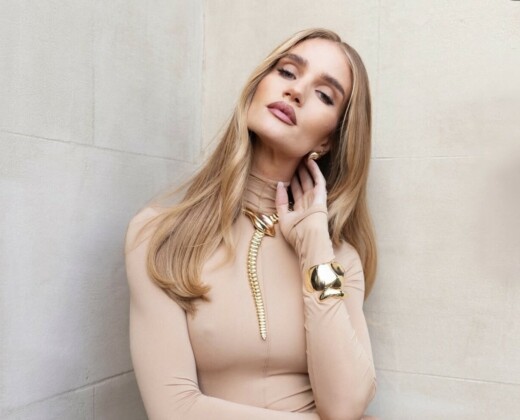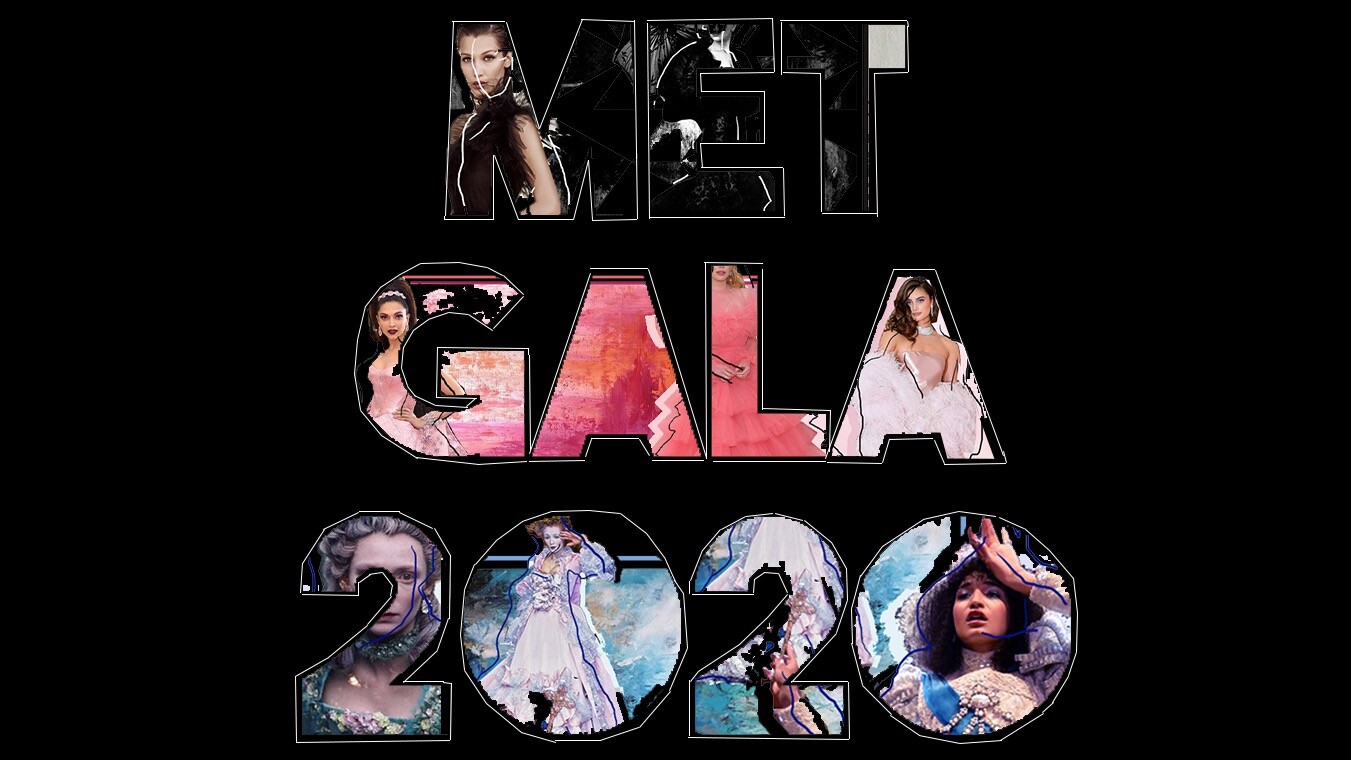
The first Monday of May hosts the most anticipated event on the fashion fundraising calendar, the Costume Institute Gala at the Metropolitan Museum of Art in New York. A host of celebrities across the realms of cinema, music, art and fashion come together, in celebration of the Met’s latest exhibition, to raise money for the Met’s Costume Institute. Ahead of the Met’s 150th anniversary in 2020, it only makes sense that the exhibition’s theme draws on the history and duration of fashion.
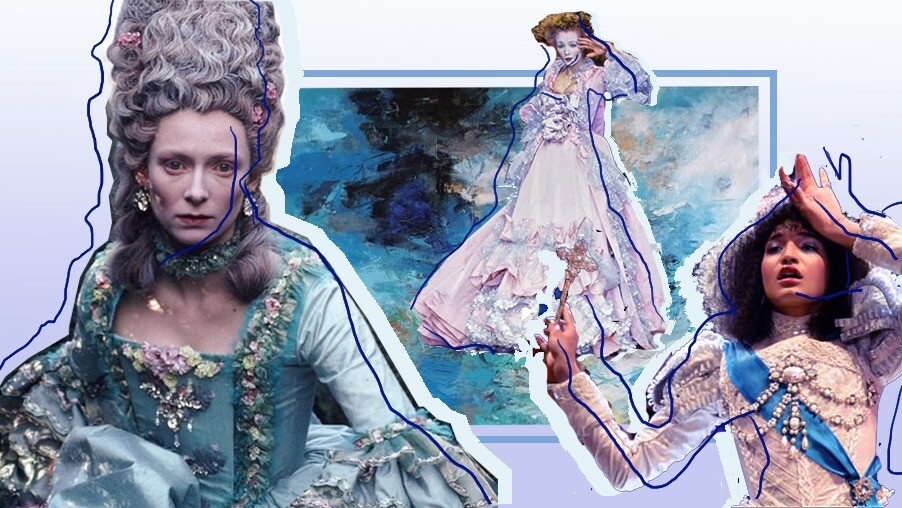
‘There’s a wonderful scene in which Tilda Swinton enters the maze in an 18th century woman’s robe à la Française, and as she runs through it her clothes change to mid-19th century dress, and she re-emerges in 1850s England.’ – In the words of Andrew Bolton, curator for the Met, the idea for the institute’s spring exhibition, ‘About Time: Fashion and Duration’ came from this scene in the 1992 Sally Porter film Orlando, which was loosely based on Virginia Woolf’s novel of the same title. Drawing on philosophies and conceptions surrounding the notion of time, inspired by Woolf’s idea of time as a continuum and French philosopher Henri Bergson’s concept of ‘la durée’, the exhibition traces fashion’s intrinsic links with time, revealing how fashion both reflects and changes with the spirit of the times.
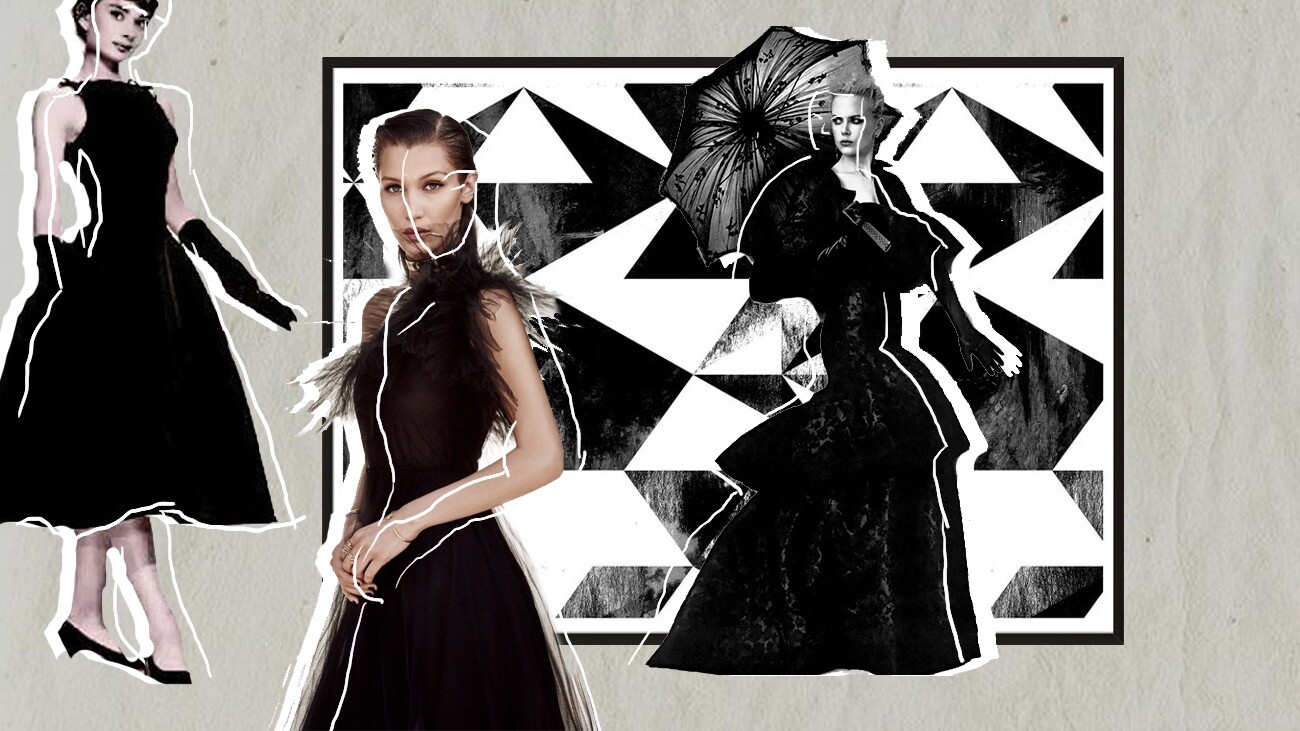
Showcasing a timeline of fashion history spanning a century-and-a-half, the exhibition seeks to explore the inherent connections between fashion and time by dividing the collection of 160 women’s garments into two sections, the first offering a timescale of modernity through completely black looks from between 1870 and 2020, the second introducing mainly white outfits with injections of colour that pre- or post-date those in black, but relate to one another through design. A portrait of the fast, fleeting nature of fashion is illustrated through flashbacks and fast-forwards: a black silk faille princess-line dress from the late 1870s in conjunction with an Alexander McQueen ‘bumster’ skirt from 1995 offer a dual timeline that reveals how fashion can be both linear, constantly moving forward, and cyclical.
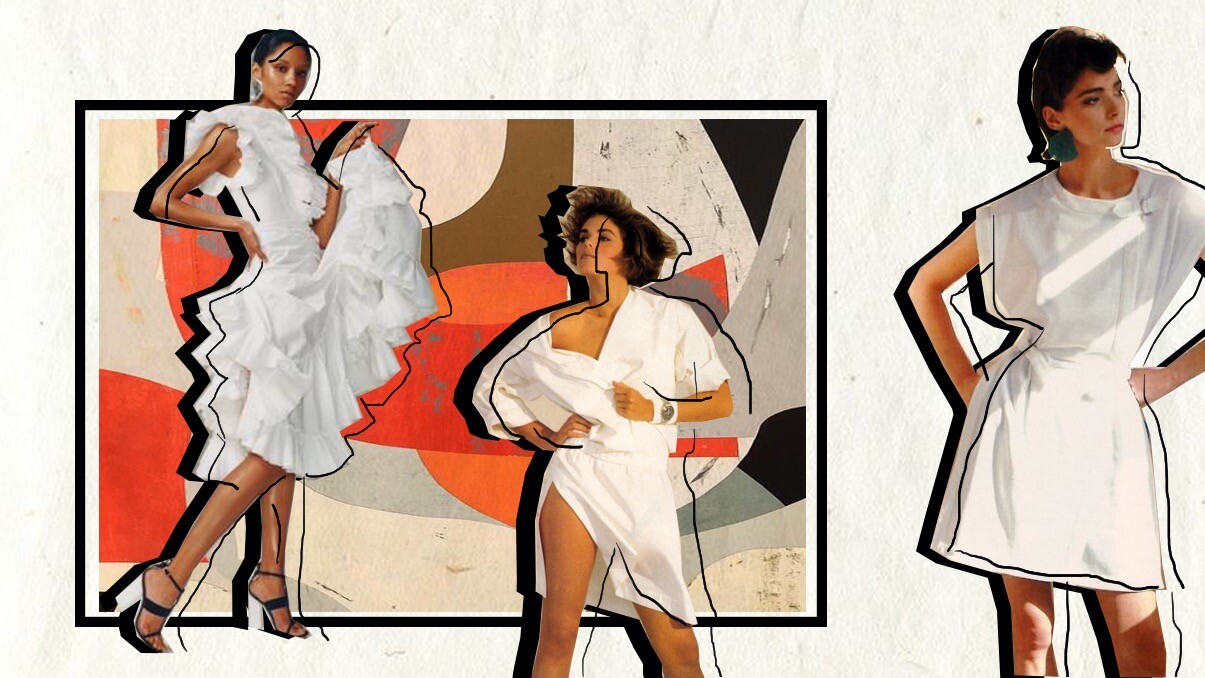
The Costume Institute has a history of making challenging cultural or historical topics accessible through a lens of fashion, plunging into pertinent topics plucked from that particular era. Take for example, last year’s exhibition, ‘Camp: Notes on Fashion’ which sought to shed light on the often-misunderstood meaning of camp, or the previous year’s theme of ‘Heavenly Bodies: Fashion and the Catholic Imagination’. That fashion has been used to tackle or embody the social, cultural or political zeitgeist of an age or époque is only further proof that fashion is indelibly connected to time.
Evidently more abstract than previous years’ themes, and aside from its coincidence with the Met’s milestone anniversary, the relevance of ‘About Time: Duration and Fashion’ to society today is multi-faceted. Fashion is perpetually nostalgic, with trends from previous decades constantly seeing revivals. The AW19 runways unveiled countless numbers of looks paying homage to the 70s, and in turn trends such as over-the-knee boots, tweed and retro-print dresses have become ubiquitous. Looking even further back in time, brands such as Prada, Simone Rocha and Khaite have called to a renaissance of centuries-old aesthetics, with a plethora of pearl-encrusted, velvet and brocade looks sweeping the runways. Perhaps fashion’s nostalgia is a reflection of society’s collective obsession with using fashion as a time- machine to transport us into the past, to take us back to eras from history and escape from the social and political issues we face in our own.
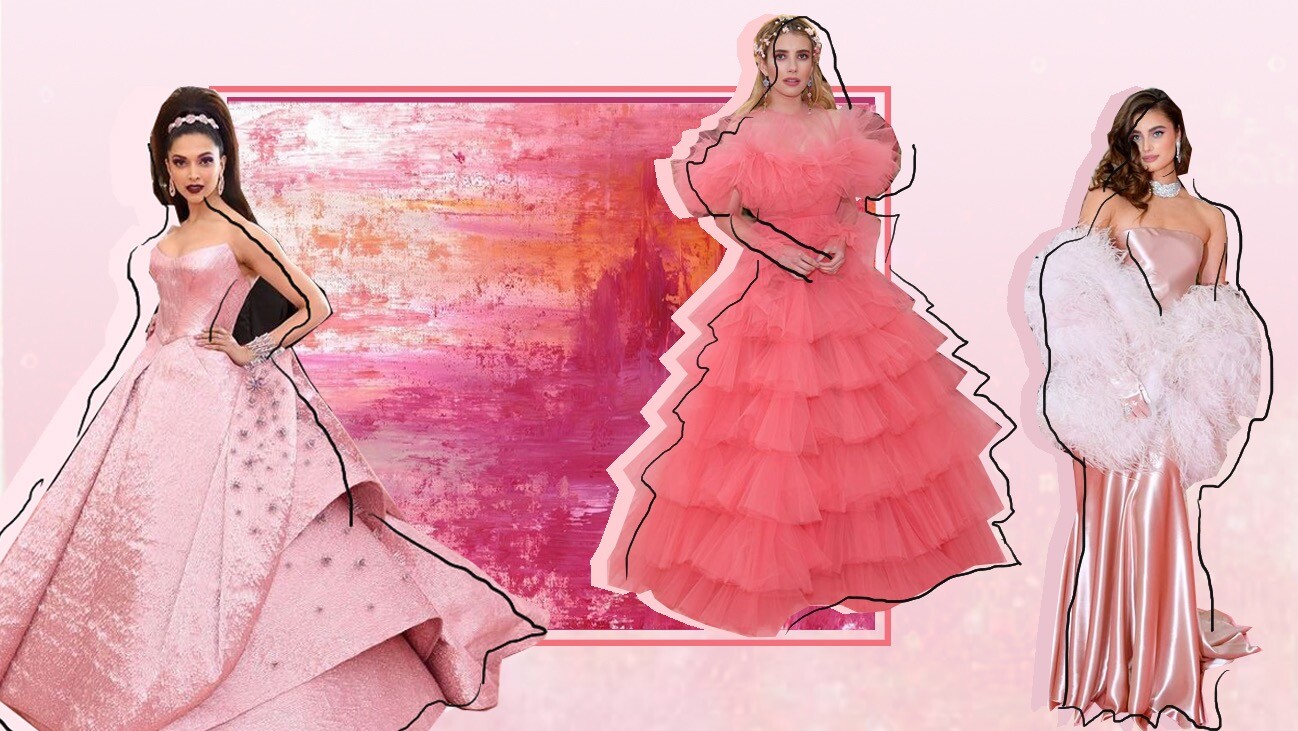
At the other end of time, the concept of duration links to debates around the future of fashion. The growing collective awareness of the detrimental impact of fashion on the environment and the now-unavoidable issue of sustainability raise questions about the ephemeral nature of fashion. The current problematic relationship between fashion and time was put into perspective by the Extinction Rebellion protests at London Fashion Week, with posters emblazoned with statements such as ‘No Fashion on a Dead Planet’ and ‘Fashion=Ecocide’. How much longer can fashion continue to function at its current speed, before time runs out? It seems that the ‘slowing down’ of fashion is the only option for its survival.
So what can we expect from the first Monday of May? The Met Gala 2020 will be co-chaired by Nicolas Ghesquière, the designer behind Louis Vuitton, Lin-Manuel Miranda, Emma Stone, Meryl Streep, who starred in The Hours, a story inspired by Virginia Woolf’s Mrs Dalloway, and as always, Anna Wintour. And among the celebrity A-listers who will grace the red (or pink, in last year’s case) carpet, expect a myriad of interpretations of the abstract theme: timeless outfits that transcend ages and trends, or looks evoking a particular decade, age or even year in history – think 1920s flapper-style dresses or baroque-era gowns. Expect more fashion-forward looks, that make suggestions for the future of fashion, making a statement about sustainability, or fashion in the digital era. Will someone arrive dressed as a clock? Maybe.
Words by Ruby McAuliffe
Graphics by Fiona Campbell
, , , , , , , , , , ,


